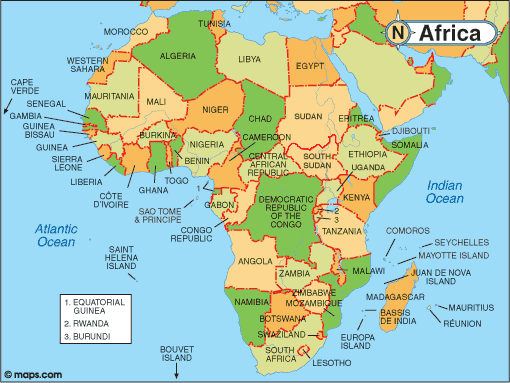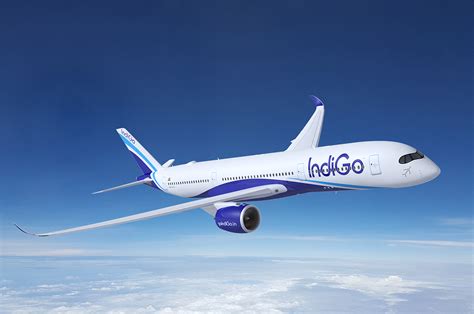
mapAfrica
Kinshasa, the capital of the Democratic Republic of the Congo, is one of the biggest cities in Africa, with an estimated population larger than London and a skyline that peers over the wide, snaking Congo River. But if a traveler wants to go from there to Lagos, Nigeria’s commercial capital and Africa’s largest metropolis, it’s impossible to fly nonstop.
Roughly only 1,100 miles separate these two megacities – about the same distance as New York to Minneapolis. But there are no direct flights. Instead, a traveler needs to change planes at least once and pay a minimum of $1,200. There’s a good chance the journey will take well more than 12 hours.
Across Africa, the situation is similar. Commercial flights are infrequent, expensive, and circuitous. To get from one country to another, an African traveler may have to go thousands of miles out of their way and transfer through the Middle East or Europe.
Worries about the situation of the high cost of air travel in the continent, top African aviation stakeholders met virtually recently to discuss factors responsible for the high cost of airfares and to come up with suggestions on how to address such factors.
At a webinar organized by the African Aviation Industry Group (AAIG) under the theme “Achieving Affordable Air Transport Across Africa,” the industry experts said high airfare costs result from a convergence of multiple factors that include the cost of goods sold, intermediary costs, government taxes, regulatory charges, time of purchase (early-bird options tend to be cheaper), fuel costs, market forces of demand and supply, and costs related to original equipment manufacturers.
They also identified safety and security concerns, poor intra-African connectivity, market access limitations, and inadequate infrastructure as some of the challenges facing the industry.
Secretary-General of the African Civil Aviation Commission, Tefera Mekonnen Tefera, noted that the aviation sector was seriously overtaxed and over-burdened with high charges and fees thereby making travel by air unaffordable in most parts of Africa.
The exorbitant cost of jet fuel
Participants in the webinar lamented that jet fuel costs more in Africa, including in oil-producing countries than in Europe or the Middle East.
The situation has improved substantially in recent years, they acknowledged, although there is still a perceived poor safety record of African airlines compared to other regions due to factors such as old airplanes, poor aircraft maintenance, and sub-standard airport infrastructure.
Director-General of the Kenya Civil Aviation Authority Gilbert Kibe said that high aviation costs have hindered inter and intra-African commerce, business, and leisure travel, which have diminished the competitiveness of African products in the global market.
Apart from the aeronautical charges and government taxes, airlines also pay additional charges and fees for ancillary airport facilities and services, ground handling services, oversight, and regulatory services by CAAs (civil aviation authorities).
The outbreak of the COVID-19 pandemic has worsened the situation of African airlines, just like elsewhere in the world.
Financing African airlines
In the past decade, Afreximbank has arranged over $2.5 billion in financing to African airlines and still has an active facility in excess of $200 million, says Oluranti Doherty, the bank’s Director of Export Development.
Many airlines have downsized their operations and staff to survive the pandemic, with the cost of testing for COVID-19 perceived as a new passenger tax.
Industry stakeholders say that a restart and recovery must be an opportunity for African aviation to address high operational costs.
Chief executive of Crabtree Capital, a Dublin-based aviation consultancy, Mark Tierney, said that “If we’re serious about making civil air transport affordable for the majority so as to boost economic growth and development, there are only two ways to do it: subsidies or reduced unit costs.”
Views: 1



